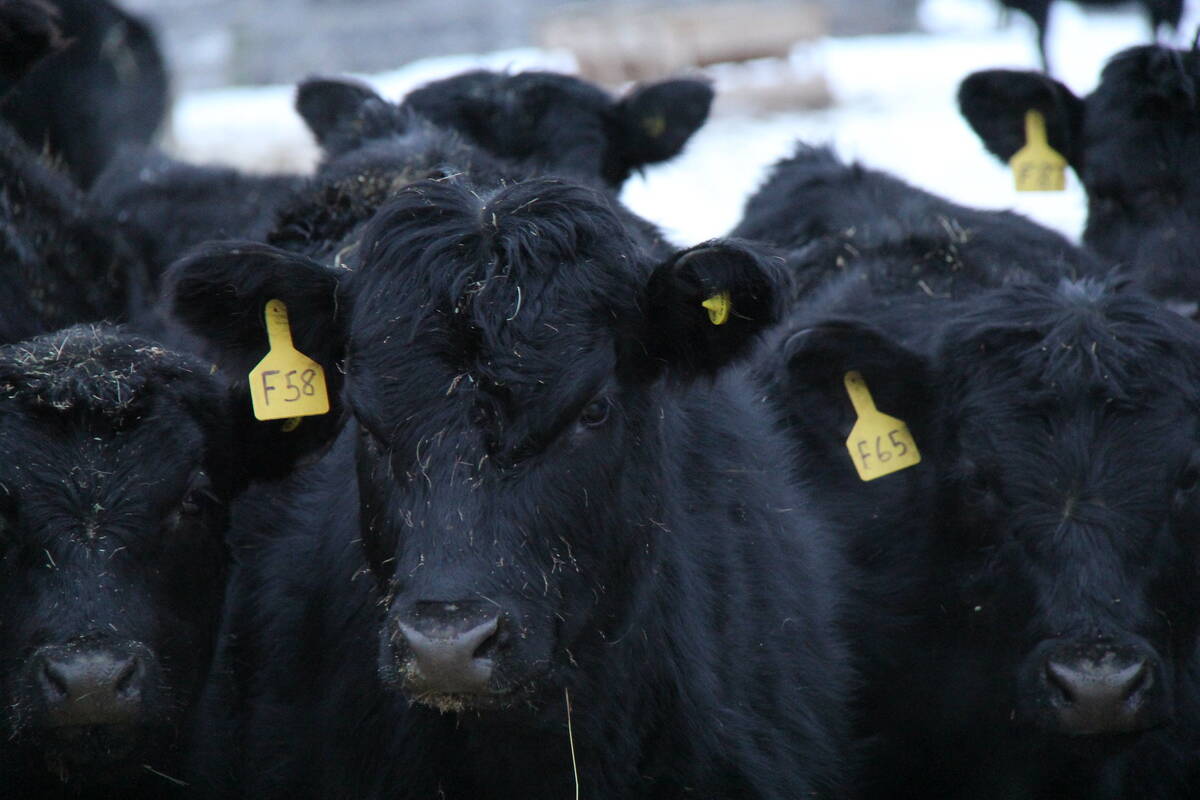It could have been a record year for the Port of Churchill in northern Manitoba.
“The port suffered from a lack of cars, just like a lot of the other short lines and producers in Saskatchewan,” said Sinclair Harrison, president of the Hudson Bay Route Association.
“We were hoping for a record year because of all the old 2013 crop that was (on the Prairies.) It had the potential to be an excellent year.”
Instead, the port moved only 540,000 tonnes of crops.
They are average results, but Harrison said it was less than what could have moved if all shippers had been able to send all they wanted to the port.
Read Also

Under Trump, U.S. cedes its share of China’s beef market to Australia
Australian beef has replaced U.S. supply in China since President Donald Trump returned to the White House.
It moved 636,000 tonnes in 2012-13.
Port operator Omnitrax said a number of factors hampered performance this year, including a harsh winter, a short fall shipping season and unexpectedly severe maintenance shutdowns.
President Merv Tweed said the quick 2013 freeze and late 2014 thaw also hurt.
“The permafrost coming out of the ground just created a challenge every day for us to move grain cars,” said Tweed.
Rail line maintenance costs more than tripled, from an average of $3 million per year to almost $10 million.
The last ship left Nov. 6, a week earlier than in 2012-13, because of encroaching freezing of the ocean waters.
Wheat still dominates port shipments, making up 75 percent of the total volume, but significant canola shipments were made, boosting that crop’s role in the port.
“We (usually) do one or two boats a year, (but) this year I think we did four and interest was growing,” Tweed said.
Harrison was pleased to see the crop base diversify from an almost total reliance on wheat.
“That’s encouraging,” he said.
The construction of a shipping hub in The Pas, Man., should boost Churchill’s ability to handle more prairie grain, Harrison said.
Farmers certainly want to use the port, even if the railways and logistics system didn’t provide the producer cars that they ordered, he added.
“The fact that they weren’t being fulfilled doesn’t mean the interest isn’t there,” said Harrison.
With generally better shipping conditions this year and hopefully in future years, Harrison hopes better shipping conditions can help volumes start breaking records again.
“This year was acceptable (only) under the conditions that everybody else was putting up with,” he said.
















